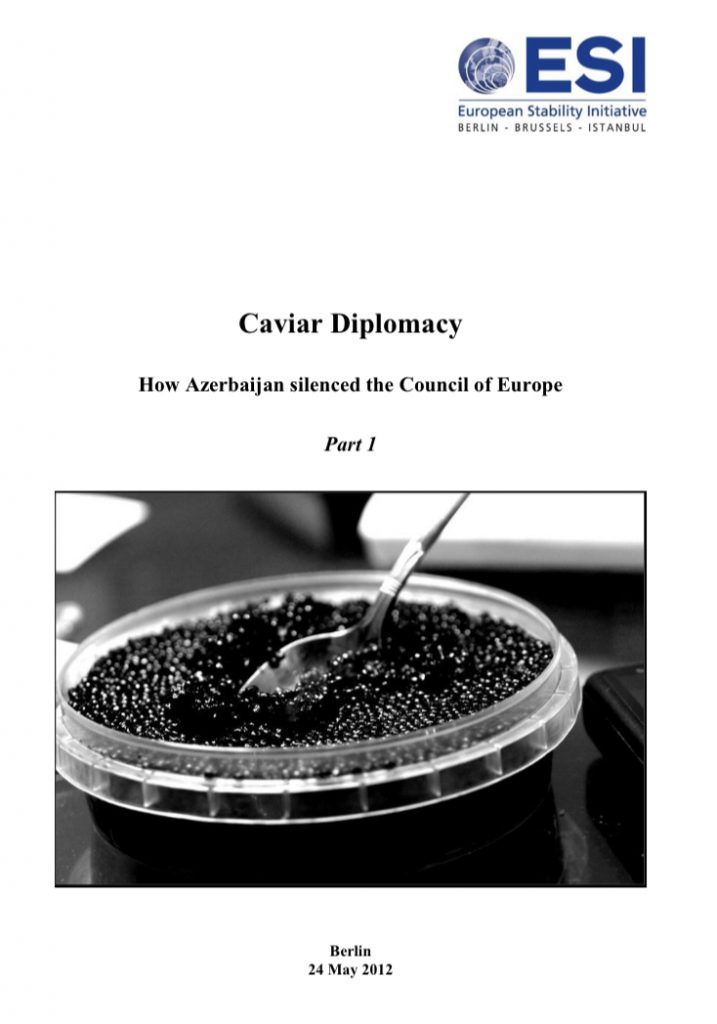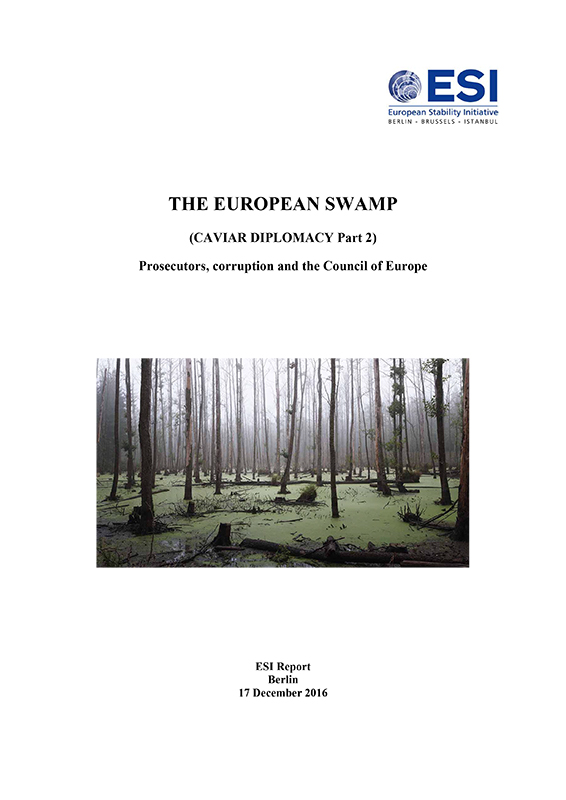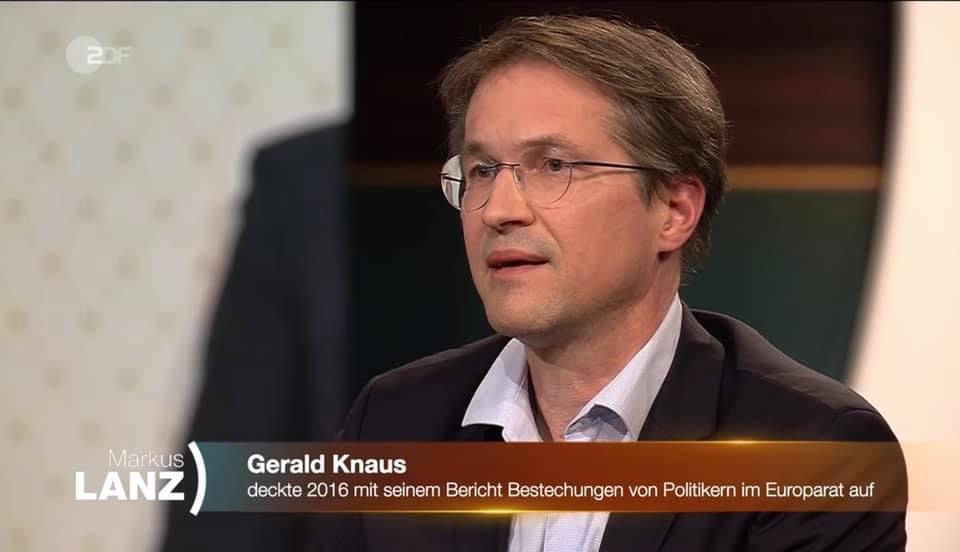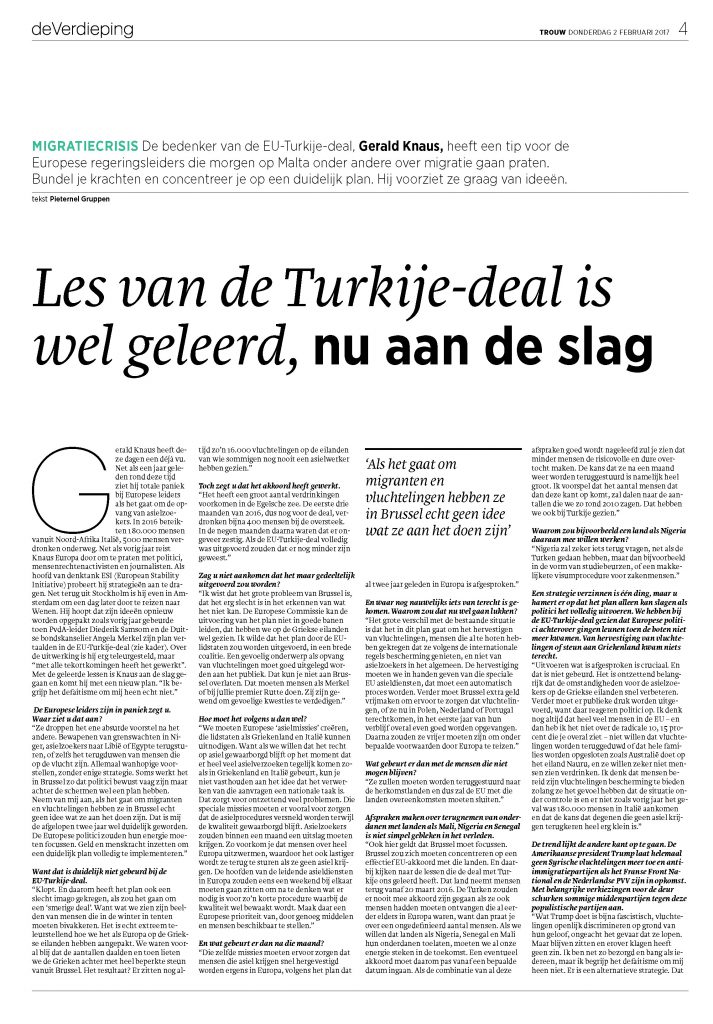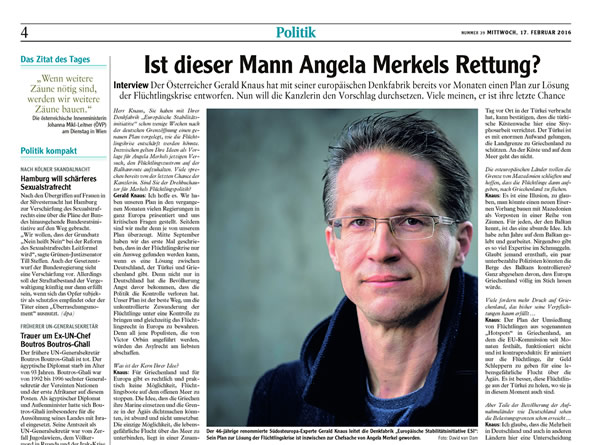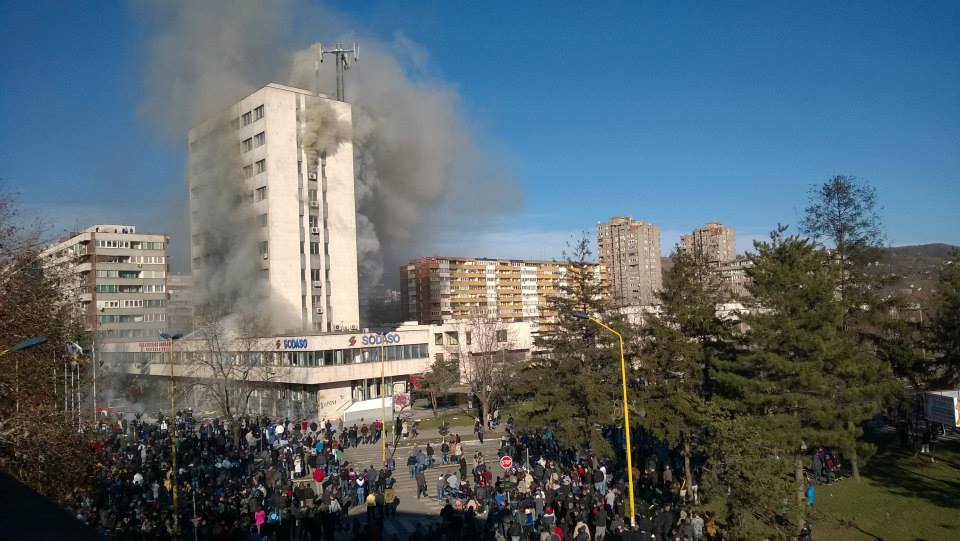Recent years have seen many small and peaceful protests. The violent protest in Bosnia which made international headlines earlier this year in February was an exception, not the rule.
The impression that Bosnian society is passive and Bosnians are indifferent to what is happening around them is wrong. Take a look at the list below. It is only some information on protests ESI has collected for the last three weeks – 1 to 21 December 2014. It offers an interesting insight into politics in Bosnia at the end of this year, and at the end of a lost decade.
It is noteworthy that protestors direct their energy at the levels of government that matter most to them: these are the cantons (in the Federation), Republika Srpska and Brcko District. This is an important signal to all those, including the European Commission, who work with Bosnian authorities on recommendations for reforms. It simply makes no sense not to closely involve the levels of government that are at the centre of citizens’ expectations and frustrations. The same is true for the international financial institutions such as the World Bank, studying challenges to Bosnian development. The future of Bosnian reforms will be decided in Tuzla, Zenica and Bihac as much as in Sarajevo.
Will protests change policy, though? If protests are directed at things which politicians cannot actually change – or at the very system of representative democracy – then they condemn themselves to impotence. Only parliamentary majorities can change laws. Only elected leaders can change policy.
On theme that runs through the news is lack of financial resources. Note that on 3 December 2014, Brcko, mayor of Brcko District announced that Brcko is faced with financial difficulties due to the collapse of Bobar bank. Brcko deposited around 10 million euros in Bobar bank. There is similar news from across the country. On 7 December 2014, Trebinje, mayor of Trebinje announced that the city could go bankrupt because it had around 2.5 million euros of its budget deposited in collapsed Bobar bank.
The key question that will determine whether protests change anything is what people expect from them and call for. If it is only some interest groups – former workers of socialist companies or war veterans – demanding redistribution of public spending to their benefit few politicians will be able to satisfy them. However, if protests can be harnessed to support specific changes, less waste, and more transparency then they could become the wind filling sails of reform.
Here is a selection of available reports in Bosnian media for the period from 1 to 21 December 2014 on threats of possible and actual protests. The list is not exhausted.
1 December 2014, Tuzla, group of workers of several big companies in Tuzla gathered and blocked traffic in front of the building where the first session of new cantonal assembly was held.
2 December 2014, Zenica, organization Eko forum announced it would organize protests because of increasing air pollution in Zenica and little or no effort on side of municipality and canton to prevent pollution or punish polluters.
3 December 2014, Tuzla, workers of several companies gathered in front of the prosecutor’s office and the court to remind about criminal privatization of their factories and pending cases against alleged perpetuators.
4 December 2014, Banja Luka, a group of small owners of Fruktona factory protested in front of the factory and demanded from the entity government to stop factory’s bankruptcy.
5 December 2014, Istocno Sarajevo, around 100 workers in the Istocno Sarajevo general hospital protested because their salaries were late, because benefits were not paid for several months and because of the working conditions.
5 December 2014, Bihac, around 200 workers of BIRA factory of cooling equipment who were fired recently protested in front of the factory and demanded from the owners to register them at the unemployed office in order to be able to make use of health insurance.
5 December 2014, Visegrad, organization of war veterans of Republika Srpska organized protests because of arrests of 15 war veterans from Visegrad on account of war crimes.
6 December 2014, Srbac, 11 workers in a local cultural center of Srbac warned that they would go into general strike because of poor working conditions, pending salaries and social and health benefits.
7 December 2014, Gorazde, former cantonal minister, who resigned in June 2011 following the disagreement with then cantonal prime minister, announced that she was preparing a public exhibition of 47 job rejections in the local, cantonal, entity and state administration she received since her resignation.
8 December 2014, Istocno Sarajevo, around 100 workers in the Istocno Sarajevo general hospital protested because their salaries were late, because benefits were not paid for several months and because of the working conditions.
8 December 2014, Zenica, representatives of students who receive scholarships as children of war veterans met with the cantonal prime minister to demand payment of three pending benefits.
8 December 2014, Sarajevo, workers of a company in charge for management of the sporting arenas built during the 1984 Winter Olympics continued their protests because of pending salaries and announced cuts of 33 jobs.
9 December 2014, Ilijas, teachers in local schools go into 30 minutes long strike because of unpaid transportation costs.
9 December 2014, Tuzla, representatives of the Union of those receiving their salaries from cantonal budget announced mass protests if the government doesn’t retract its decision to cut all budget dependent salaries for 10%.
9 December 2014, Banja Luka, representative of union of medical doctors threatened with general strike if demands of those working in Istocno Sarajevo general hospital are not met.
9 December 2014, Sokolac, workers of company Nova Romanija announced they would start a legal procedure against government of Republika Srpska because of pending 10 salaries from 2014.
9 December 2014, Sarajevo, representatives of farmers from entire Bosnia demand a meeting with the presidency to explain them all the problems they have.
9 December 2014, Bileca, workers in textile factory Nikola Tesla protested because of two pending salaries.
9 December 2014, Sarajevo and Geneva, around 50 out of 15.000 citizens of Bosnia who worked before the war in Croatia and were left without benefits (pension) started their trip to Geneva where they protested in front of the UN building on occasion of the human rights day (10 December).
10 December 2014, Sarajevo, members of families of missing persons from the 1992 to 1995 war in Bosnia protested in the city centre and demanded that all governments do more on finding their missing ones.
10 December, Banja Luka, three of TRZ Bratunac company protested in front of the entity industry ministry because they rejected to sign a contract with management of their company on arrangement for payment of pending salaries.
10 December 2014, Tuzla, a small group of former and current workers of state owned shoe factory Aida protested in front of the factory. They demanded from cantonal government to provide them with unemployed one-time support in amount of 200 euros, to provide funding for missing contributions to the pension fund and help repay 10 million euros of debt that the factory has.
10 December 2014, Sarajevo, survivors of concentration camps from the 1992 to 1995 war in Bosnia gathered in the city center to warn about their bad legal and economic situation.
10 December 2014, Zenica, students of the University of Zenica announced that they would start to protest if three pending cantonal scholarships for children of war veterans were not paid.
10 December 2014, Tuzla, around 300 workers of nine companies announced that they will protests if cantonal government doesn’t provide them with agreed one time help in amount of 200 euros.
11 December 2014, Zenica and Bihac, according to the statements of directors of general hospitals in Zenica and Bihac, two hospitals are close to being closed. The hospital in Zenica had to restrict its work to urgent surgeries and was forced to cut down parts of its heating system. Bihac general hospital could close down because it has a debt of 3.5 million euros and cantonal health fund rejected to vouch for further loans for this hospital.
11 December, Banja Luka, three of TRZ Bratunac protested in front of the entity industry ministry because they rejected to sign a contract with management of their company on arrangement for payment of pending salaries.
11 December 2014, Zenica, miners in pit Stranjani rejected to come out of the pit after their shift was over and put forward demands towards a company run by the Federation regarding unpaid benefits and working conditions. Following the meeting with the management protests ended.
11 December 2014, Tuzla, decision of cantonal government to put out of force decision on reducing all salaries for 10% as of January 2015 prevented mass protests of those receiving salaries from budget.
11 December 2014, Tuzla, association of “Mothers of Srebrenica” protested in front of the state investigative agency SIPA regional office in Tuzla because one of its employees took part in Srebrenica atrocities in July 1995.
11 December 2014, Istocno Sarajevo, around 100 workers in the Istocno Sarajevo general hospital protested because their salaries were late, because benefits were not paid for several months and because of the working conditions.
12 December 2014, Teslic, management and workers of a private textile factory Neno threatened with protests because company’s bank account has been blocked due to collapse of Bobar bank.
12 December 2014, Brcko, families of missing Serbs from the 1992 to 1995 Bosnian war protested in front of the Brcko District prosecutor’s office because of pending missing person’s cases.
12 December 2014, Siroki Brijeg, around 100 former and current workers of private meat factory Lijanovici protested in front of the factory and claimed that they haven’t received salaries for 16 months and that the owners did not make contribution for workers pensions for 12 years.
13 December 2014, Banja Luka, three workers of TRZ Bratunac protested in front of the entity industry ministry because they rejected to sign a contract with management of their company on arrangement for payment of pending salaries. The minister talked with them and they stopped their protests.
15 December 2014, Zenica, a group o 50 young mothers with their babies protested in front of the cantonal government because they haven’t received child support for four months.
15 December 2014, Tuzla, around 100 former and current workers of state owned shoe factory Aida protested in front of the factory and blocked the city’s main road. Workers of Aida demanded from cantonal government to provide them with unemployed one-time support in amount of 200 euros, to provide funding for missing contributions to the pension fund and help repay 10 million euros of debt that the factory has.
15 December 2014, Sarajevo, union of railway workers of the Federation publicly demanded from the Federation government to solve the problem of health insurance for workers of the Federation Railways who live in Mostar and Sarajevo canton and those who live in Brcko District and Repubika Srpska.
15 December 2014, Bihac, around 200 workers of BIRA factory of cooling equipment who were recently fired protested in front of the factory and demanded from the owners to register them at the unemployed office in order to be able to make use of health insurance.
15 December 2014, Istocno Sarajevo, around 100 workers in the Istocno Sarajevo general hospital protested because their salaries were late, because benefits were not paid for several months and because of the working conditions.
15 December 2014, Siroki Brijeg, around 100 former and current workers of private meat factory Lijanovici protested in front of the factory and claimed that they haven’t received salaries for 16 months and that the owners did not make contribution for workers pensions for 12 years.
16 December 2014, Bihac, general hospital warns that it could close due to unpaid contribution by the cantonal health fund in amount of 3.5 million euros.
16 December 2014, Siroki Brijeg, around 100 former and current workers of private meat factory Lijanovici announced that they would sleep in front of the factory and the house of its owner Jerko Lijanovic (who is from 2011 deputy prime minister and minister of agriculture in the government of the federation). The protestors claim that they haven’t received salaries for 16 months and that the owners did not make contribution for workers pensions for 12 years.
16 December 2014, Tuzla, around 100 former and current workers of state owned shoe factory Aida ended their protests without success. Workers of Aida demanded from cantonal government to provide them with a one-time support in amount of 200 euros, to provide funding for missing contributions to the pension fund and help repay 10 million euros of debt that the factory has.
16 December 2014, Sarajevo, around 20 workers of privatized Feroelektro trading company gathered in front of the Federation government building demanding support for workers who haven’t received 29 salaries and their social benefits were not paid (health insurance and pension contribution) and demanded to speed up the process at the cantonal court regarding the alleged wrongdoing during the privatization process which could lead to annulation of privatization contract and return of the company to the state.
16 December 2014, Sarajevo, around 4.000 unemployed persons in canton Sarajevo warned on possibility that they will go to the streets if the cantonal government implements decision to delete from the list all unemployed who earned more than 104 euros per month.
16 December 2014, Zenica, following a meeting with the cantonal prime minister some 50 young mothers ended their protests which started because they haven’t received child support for four months. The prime minister explained that the government is experiencing problems with the filling of budget but he hopes that the money from IMF would solve this.
16 December 2014, Sarajevo, union of teachers in canton Sarajevo held a 30 minutes protest because their November salary was late and because their transport costs haven’t been paid for 9 months.
17 December 2014, Bihac, thousand members of the cantonal union of persons receiving salaries from cantonal budget protested because the cantonal government did not fulfill the agreement about paying pending payments.
17 December 2014, Srbac, 11 workers in a local cultural center of Srbac started their general strike because of poor working conditions, pending salaries and pending social and health benefits.
17 December 2014, Sarajevo, workers in Sarajevotekstil textile company protest because their salaries and benefits have not been paid due to company’s blocked bank account.
17 December 2014, Lokanje, residents of a small village of Lokanje in eastern Bosnia (Republika Srpska) demonstrated against arrests of their fellow citizens who were indicted for war crimes.
18 December 2014, Sarajevo, workers in Sarajevotekstil textile company protest because their salaries and benefits have not been paid due to company’s blocked bank account.
18 December 2014, Sarajevo, coalition of civic organizations gathered in front of the state parliament to deliver 78 demands/policy recommendations for the period from 2014 to 2018 regarding EU integration process, human and minority rights.
18 December 2014, Brcko, Milenko Gojkovic, victim of May flooding started a hunger strike because authorities rejected to provide financial assistance for rebuilding of his home.
19 December 2014, Derventa, workers in factory Unis demonstrated in front of their factory demanding payment of pending salaries from December 2013 and restart of production.
19 December 2014, Banja Luka, union of textile workers sends a protest letter to the council of ministers at the state level demanding adoption of measures that would protect their production.
21 December 2014, Zenica, 300 citizens protest because of the air pollution in the city. Protestors demand lowering of pollution and prosecution of air polluter.



